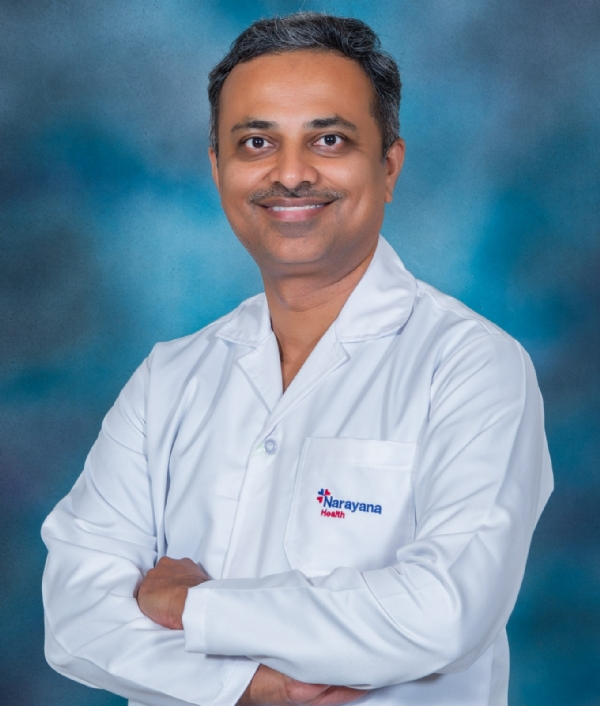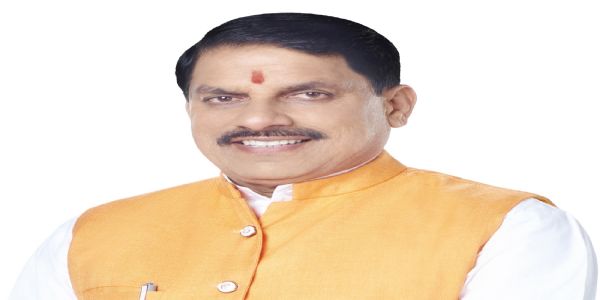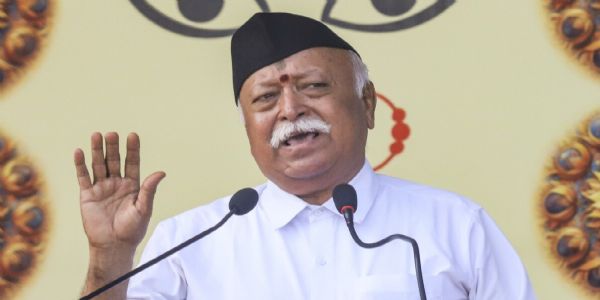

By Dr Srinivasa B
High blood pressure, or hypertension, is often called the “silent killer” — not because it’s rare, but because it quietly damages your body long before symptoms appear. Despite growing awareness, many misconceptions still surround this condition. These myths can lead to delayed treatment, poor lifestyle choices, and avoidable complications.
As the world will be observing World Hypertension Day and this year’s theme iis Measure Your Blood Pressure Accurately, Control It, Live Longer, let’s separate fact from fiction and set the record straight on hypertension.
Myth 1: High Blood Pressure Has Obvious Symptoms
Fact: Most people with high blood pressure feel completely fine.
Hypertension rarely presents noticeable symptoms until it’s too late. Many assume that headaches, dizziness, or nosebleeds are signs of high BP, but these occur only in extreme cases. That’s why regular monitoring is crucial—even if you feel healthy.
Myth 2: Hypertension Only Affects the Elderly
Fact: High blood pressure can strike at any age.
While aging does increase risk, lifestyle changes and stress are making hypertension increasingly common among young adults and even teenagers. Obesity, lack of physical activity, poor diet, and family history contribute to early onset hypertension.
Myth 3: If You Have No Family History, You’re Safe
Fact: Anyone can develop high blood pressure.
Genetics do play a role, but they’re just one part of the puzzle. Unhealthy eating, smoking, alcohol consumption, and chronic stress can elevate blood pressure regardless of your family background. Lifestyle is often the stronger determinant.
Myth 4: Medication Is a Lifelong Sentence
Fact: In many cases, blood pressure can be controlled or reversed.
While some people require lifelong medication, others may be able to reduce or eliminate the need for drugs through lifestyle changes: a balanced diet, regular exercise, stress management, and maintaining a healthy weight. However, never stop taking medication without your doctor’s advice.
Myth 5: Only Salt Affects Blood Pressure
Fact: Salt is just one piece of the puzzle.
Excess sodium can raise blood pressure, but other factors like potassium deficiency, alcohol, smoking, sedentary lifestyle, and emotional stress are equally important. A heart-healthy diet considers the full nutritional picture—not just salt.
Myth 6: Once Controlled, You Don’t Need to Check It Often
Fact: Regular monitoring is key, even with controlled blood pressure.
Blood pressure can fluctuate over time. Stress, changes in medication, illness, or lifestyle habits can trigger spikes. Consistent monitoring ensures timely action and better long-term control.
Myth 7: Natural Remedies Are Always Safe
Fact: Not all natural or herbal treatments are harmless.
While lifestyle practices like yoga, meditation, and balanced nutrition can be beneficial, some herbal supplements may interfere with medications or cause unexpected side effects. Always consult a doctor before starting any natural therapy.
So, What Should You Do?
Get Checked Regularly
Have your blood pressure checked at least once a year—or more frequently if you have risk factors.
Adopt a Heart-Healthy Lifestyle
Eat more fruits, vegetables, whole grains, and lean proteins
Reduce intake of salt, sugar, and saturated fats
Exercise for 30 minutes most days of the week
Limit alcohol and quit smoking
Manage Stress Wisely
Practice relaxation techniques like deep breathing, mindfulness, or simply spending time in nature. Chronic stress is a silent contributor to elevated BP.
Follow Your Doctor’s Advice
Even if you feel fine, take prescribed medications and attend follow-ups. Control today means fewer complications tomorrow.
Hypertension isn’t just a number on a machine—it’s a condition that, if ignored, can lead to serious issues like heart disease, stroke, kidney failure, and more. Busting myths and embracing facts is the first step toward healthier living.
About the Author : Dr Srinivasa B is an interventional cardiologist practising at SS Narayana Hospital Davangere in Karnataka.
Hindusthan Samachar / Rakesh Mahadevappa








